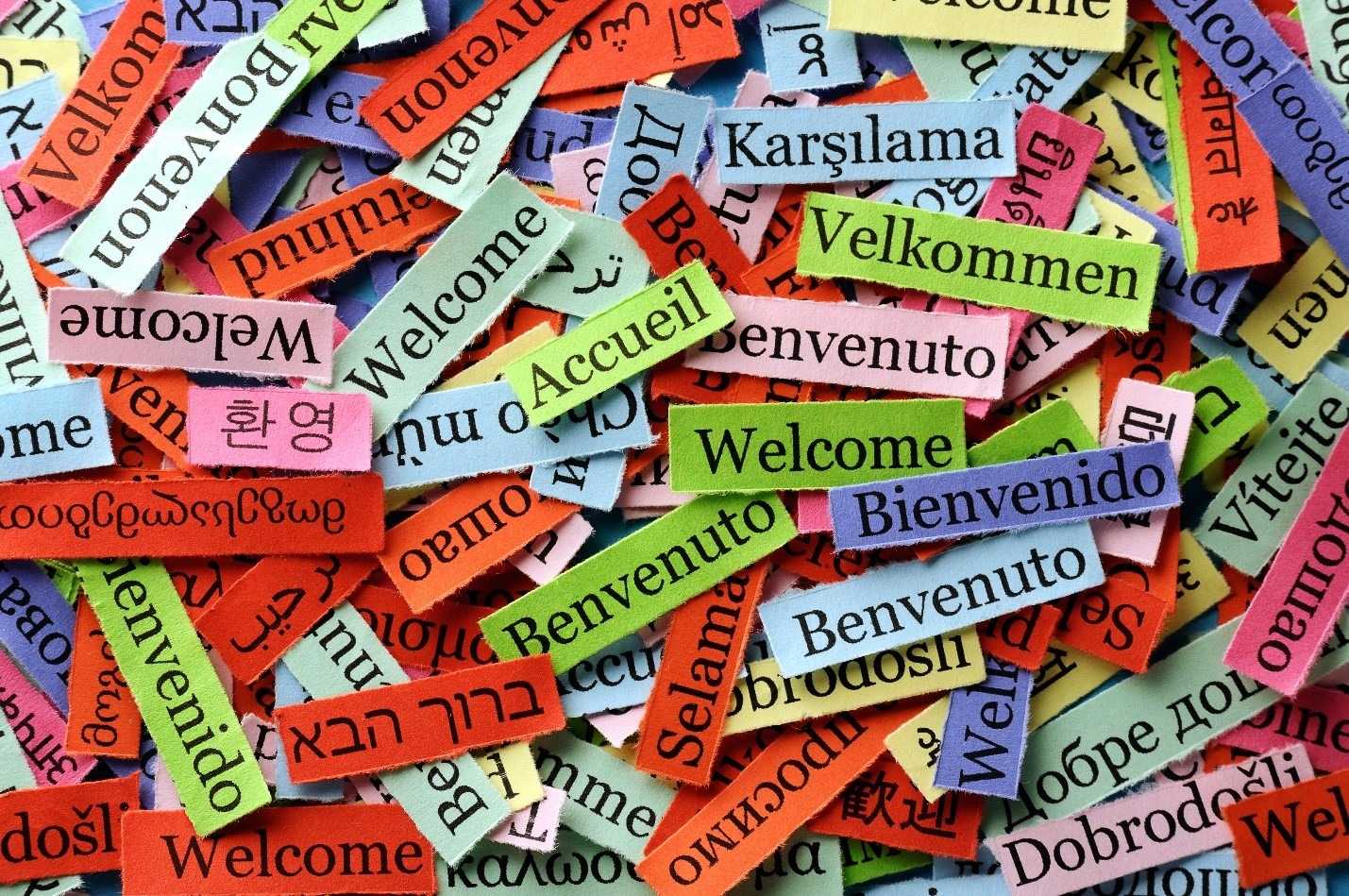Is Knowing English Enough for Expats?
Moving abroad can often be overwhelming. From registration to finding accommodation, the list of administrative tasks to complete can prove difficult — even more so when it is all in a foreign language. However, in many countries it is easy to get by without knowledge of the local language.

When moving abroad to a non-English speaking country, it can be tempting to not learn the local language — especially if you can get around just fine using English. According to the Expat Insider 2021 survey, expats in UAE find it easiest to get by without knowledge of the local language. In fact, 93% of expats in UAE say so.
It is perhaps no surprise that expats in many non-English speaking countries can manage without learning the local language. Considering its global nature and with 1.5 billion speakers worldwide, it is easy to see why.
Communication without Misunderstanding
While it may be easier to simply use English, learning the language of the country in which you live can be highly advantageous for many reasons.
Many expats are employed in the aid sector and may think that knowing English is enough. However, according to Translators Without Borders, the fact that many aid workers do not speak the languages of the communities they are helping means that “marginalized language speakers are denied opportunities to communicate their needs and priorities, report abuse, or get the information they need to make decisions”. This is why it is paramount for expats working in this sector to at least attempt to learn the local language of the country they are in.

Expand Your Social Circle
Not knowing the local language can also mean that your social circle is limited to fellow expats. Learning the local language can open many doors for you. Locals often appreciate expats’ attempts to learn their language and it can be a great way to make new friends.
What is more, languages are also a great gateway to culture. They can help you to adjust to the many changes you experience as well as easing your transition into a foreign culture. While some expats may believe that they can still understand the culture of their host country without knowing the local language, you should keep in mind that it can be impolite to expect locals in your host country to accommodate you.

Endless Career Opportunities
Another benefit of learning the local language is what it can bring to your career. Expats who do not speak the language of the country they live in will often find their career opportunities limited. However, knowledge of the local language can change this. Suddenly, new opportunities which can do wonders for your career can become a viable option for you. You might be able to compete with the locals, bringing not just your international experience but also your language skills to the table.
While it may seem time-consuming to learn a new language, its benefits far outweigh its negatives. If you make an effort to learn the local language, your time abroad will be much better for it. You will be able to show locals that your are truly interested in their culture and are not just another expat who expects locals to accommodate them. It’s one of the first steps to turn your expat destination into a home!
Advertisement
About Rishika Manimendran
Rishika Manimendran is a German student at Queen Mary University of London. She is currently on her year abroad, working as a Public Relations Intern at InterNations in Munich. She has a keen interest in current affairs and in her spare time can be found keeping up with world events.
Article topics
Related articles
Is Tough Love the Best Medicine for Homesickness?
Homesickness, it’s a feeling many, if not all of us have felt at some point in our lives. A longing for home is a state of mind that can impact your experience abroad in the most negative ways… that is, if you let it! Take the tough love approach and say bon voyage to feeling blue.
‘Hello’…and now what?!: Greetings Around the World
Meeting new people can be a challenge, particularly when cultural differences come into play. Here’s a look at Greetings Around the World.
From Shrimp Sandwiches to Grasshoppers: 10 Idioms from around the World
Every language has its strange sayings, but you might not appreciate how unusual they are until someone points it out! We’ve collected ten fascinating idioms from around the world for you to enjoy, and who knows? Maybe you could start using them in your own conversations!
Where It’s Easy to Get Started — The Top Five Destinations for Expat Essentials
Do you need to mentally prepare before dealing with the paperwork in your host country? Or do you struggle to learn the local language but don’t feel part of the community without it? Then we have a top five destinations for you where you won’t have any problems with these Expat Essentials.
Top Language Learning Tips according to Our Members
You can find lots of advice online about how to best learn a language, but what do expats have to say? People who have lived in many different countries or travel a lot, often have a lot of experience in language learning. Here, our members are sharing their top tips!




